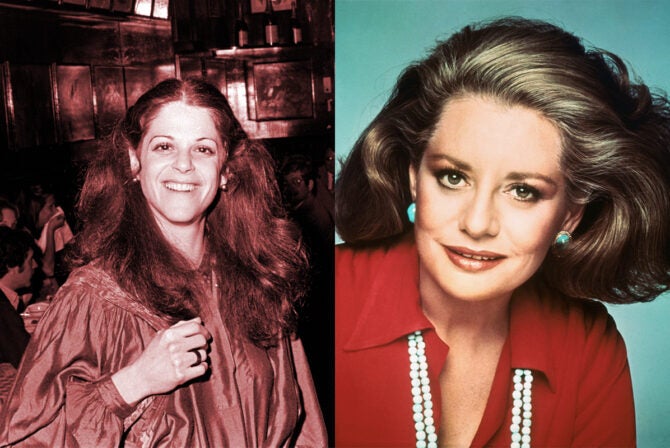I have been married for almost 18 years. When my husband and I fell head over heels in love, we didn’t think about the fact that he was from Israel and I was from Ohio. For me, it was pretty cool! I had always loved Israeli men (who didn’t have crushes on the Israeli Scouts and all of the Israeli soldiers “back in the day?”) and I finally got my own.
We didn’t peer into the future to see how that distance from our families would impact us.
I was raised as a Conservative Jew, he was secular Israeli—and culturally Jewish. We made our home in Columbus, then Detroit. We went back and forth to Israel; our family from Israel visited us. We had babies on both sides of the world. We chatted, we Skyped. With technology, we stayed in touch like never before.
All was good—until my beloved father-in-law became sick and then passed away recently after a long, courageous fight with cancer. Israel to Detroit, and Detroit to Israel, became so much farther away than before.
When my father-in-law became critically ill, my husband and I were forced to have some very difficult conversations about this horrible reality. We decided that when his father died, my husband would go to Israel and I would stay home with our children. It was a difficult decision, but necessary. I figured that they would need me more than he would. My husband would be with all of his family, and I would be home to take care of our kids emotionally. It was tough to be at home—and not be in Israel—but it was even tougher for my husband to be in Israel.
I wanted to be prepared to help my children get through losing their first grandparent. I knew that it would feel surreal and strange, as everything was happening in Israel. How do we honor his memory and grieve authentically when we were alone in Metro Detroit? We read books. We talked about what was happening. We looked at family pictures. The kids wrote beautiful letters to their Saba (grandfather).
Then their beloved Saba died.
My husband was already in Israel. I was alone with the children and I started thinking—fast. I wanted a candle—not the little 24-hour one, but the big 7-day one. I couldn’t find the glass kind, so I called one of our Jewish funeral homes to see if I could get one. While there, I asked if I could meet with David Techner, the Funeral Director at Ira Kaufman Funeral Home, who is an expert in talking to children about death and dying. In his office, we talked about my “bonus Aba” and how he had impacted all of our lives.
I was most concerned about our children and how they would get through this. How would they find “closure”? David responded that he didn’t like the word closure—after all, is there ever closure when it comes to the death of a loved one? Instead he said that we needed to do “something.”
“Something.”
Although the funeral would be in Israel, I wanted to “be there.” My husband and I practiced the night before. He called me on Viber, and then he put me in his pocket, so I could hear everything. My dear friend came over during the service and translated for me. I wrote down all of the speeches as they were translated, so that I could then share the content, the love and emotion, with my children. “Something.”
We lit the big candle and said Kaddish together. We talked about their Saba and how much we loved him. We put a different photo of him near the candle every day, so we could remember that visit, that trip, that conversation that we had with him. We spoke daily with our family in Israel. We observed shiva in our own way.
When my husband returned from Israel after shiva, we had our own gathering at our home. “Something.” Friends came from across the community to bring their condolences and their love. And since then, I say Kaddish for him every morning, because I need to do “something.” And then I thank God for my family.
There will never be closure. Love for one who is lost to us is never over. But it is one step forward each day.
It is “something.”
Read More:







